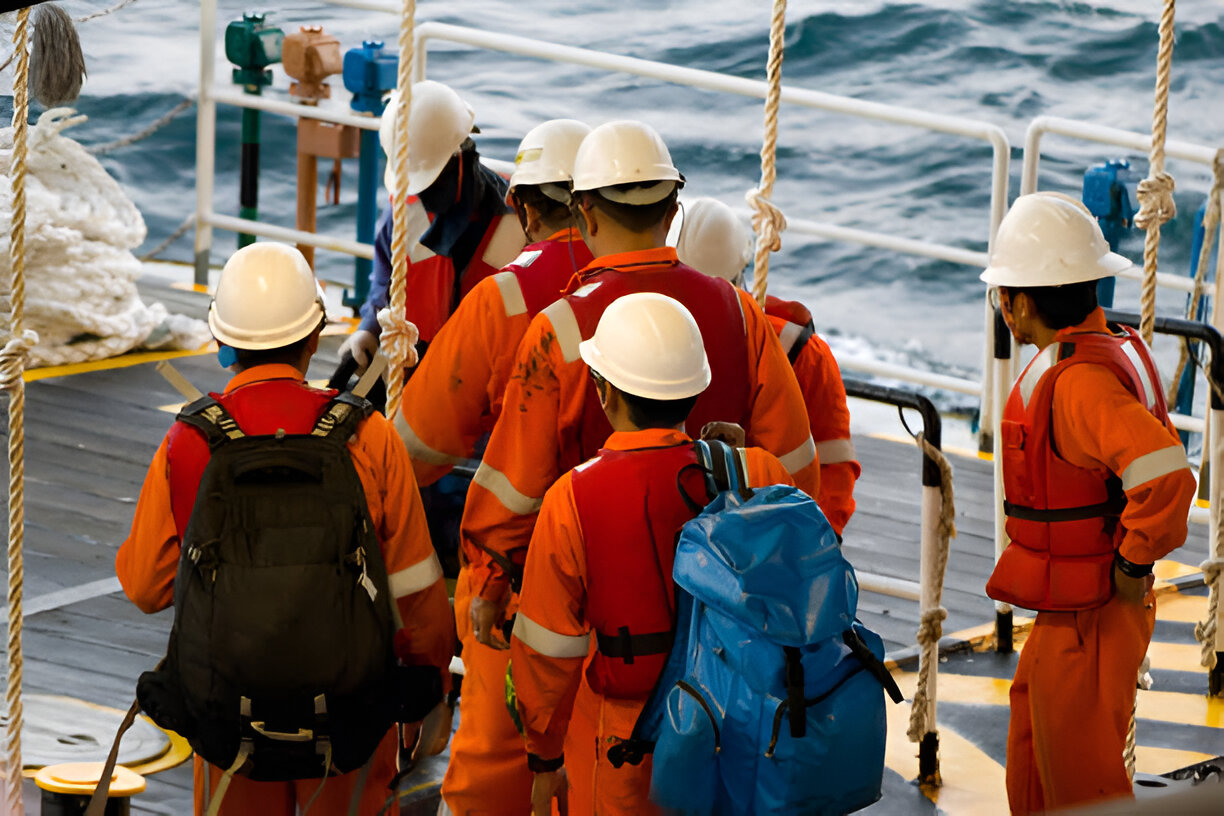What Rights Do Injured Seamen Have at Sea?
Key Takeaways
- Injured seamen are entitled to specific protections under maritime law, including the Jones Act and the doctrine of unseaworthiness.
- Maintenance and cure benefits provide essential support during recovery, covering living expenses and medical care.
- Legal avenues exist for seamen to seek compensation for injuries resulting from employer negligence or unsafe vessel conditions.
Maritime occupations rank among the most dangerous forms of employment, exposing seamen to unpredictable conditions, demanding labor, and substantial hazards every day. For those who experience injuries while working at sea, it’s essential to understand the broad range of legal rights and protections established by maritime law. Chief among these are Jones Act protections—key federal statutes that empower injured seamen to seek financial compensation and support in the aftermath of a workplace injury.
Knowing your rights under maritime law can make all the difference between facing recovery alone and receiving maintenance, medical care, and potentially substantial damages. The legal framework for injured maritime workers is unique and robust, including specific benefits such as maintenance and cure, as well as powerful legal claims in cases involving negligence or unseaworthy vessels. For maritime workers and their families, understanding how Jones Act protections and other provisions work is a lifeline to physical and financial recovery.
The Jones Act: A Lifeline for Injured Seamen
The Jones Act, formally known as the Merchant Marine Act of 1920, is one of the cornerstone protections for maritime workers. This legislation provides seamen who spend a significant portion of their employment working on a vessel in navigable waters the right to bring suit against their employer in the event of injury caused by negligence. The scope of this statute is far-reaching, allowing recovery for medical bills, lost wages, pain and suffering, and in some cases, punitive damages.
Who Is Covered?
To benefit from the Jones Act, a worker must qualify as a “seaman”—meaning their duties must contribute to the mission or function of a vessel or fleet, and they must spend at least 30% of their working hours aboard. This broad definition includes fishermen, deckhands, engineers, and officers, among others.
What Injuries Are Covered?
The Jones Act extends to any injury arising out of employer negligence—whether due to unsafe working conditions, hazardous orders, equipment failure, or lack of proper training. Unlike traditional workers’ compensation, injured seamen must show that their employer’s negligence played a role in the injury, even if other factors also contributed.
Maintenance and Cure: Essential Support During Recovery
One of the most fundamental rights under general maritime law is the doctrine of “maintenance and cure.” This right ensures injured seamen receive daily maintenance payments for basic living expenses such as rent and food, as well as full payment for medical expenses (“cure”) until a doctor determines they’ve reached maximum medical improvement.
No Fault Required
Unlike a Jones Act claim, eligibility for maintenance and cure is not contingent on proving negligence or fault. This makes it a crucial and nearly automatic protection, giving injured seamen the security of knowing they won’t be left unsupported in the aftermath of an accident, regardless of who caused it.
Scope of Benefits
Maintenance and cure lasts until the seaman is either fit for duty or has reached a state where further medical treatment will not result in significant improvement. The obligation covers not only emergency care and surgeries, but also rehabilitation, medications, and sometimes ongoing care for chronic conditions stemming from the original injury.
Unseaworthiness Claims: Holding Vessel Owners Accountable
Maritime law obligates vessel owners to provide a seaworthy vessel: equipment must function properly, conditions must be safe, and crew must be adequately trained. If an unseaworthy condition—such as broken tools, insufficient safety measures, or untrained crew—leads to a seaman’s injury, the injured party can file an unseaworthiness claim directly against the vessel owner.
What Constitutes Unseaworthiness?
Unseaworthiness does not require negligence—only that the vessel or its equipment was unfit for its intended purpose. Failing safety rails, malfunctioning winches, slip hazards, or inadequate safety protocols all potentially qualify as unseaworthy conditions that jeopardize seamen’s safety.
Legal Recourse for Injured Seamen
Whether an injury results from employer negligence, vessel owner inattention, or hazardous marine conditions, injured seamen often have multiple legal options. These legal remedies—including claims under the Jones Act, general maritime law, and unseaworthiness—provide avenues to recover for lost earnings, medical costs, disability, pain, and suffering. In some situations, punitive damages may also be awarded, especially if the employer or vessel owner willfully denies maintenance and cure or acts with gross negligence.
Understanding Your Rights
Each type of claim has its own procedural rules and limitations. For instance, Jones Act lawsuits generally must be filed within three years of the date of injury. The complexity of these cases highlights the importance for injured seamen to act quickly and understand all available rights under maritime law.
The Importance of Legal Assistance
The maritime legal landscape is challenging to navigate, filled with specialized statutes, unique procedures, and deadlines that don’t always align with other personal injury regulations. Working with an experienced maritime attorney is critical to protect seamen’s rights. Such a professional can thoroughly evaluate the circumstances of an accident, determine possible claims, gather evidence, and advocate for the full compensation seamen are entitled to under the law.
Maritime attorneys not only ensure the proper filing and pursuit of claims but can also negotiate settlements, stand up for workers in court, and advise families on the benefits available after a serious workplace accident or fatality. Having skilled legal representation dramatically increases the odds of recovering maintenance and cure, damages under the Jones Act, and compensation for unseaworthiness—all essential for genuine recovery and financial stability after a maritime injury.







